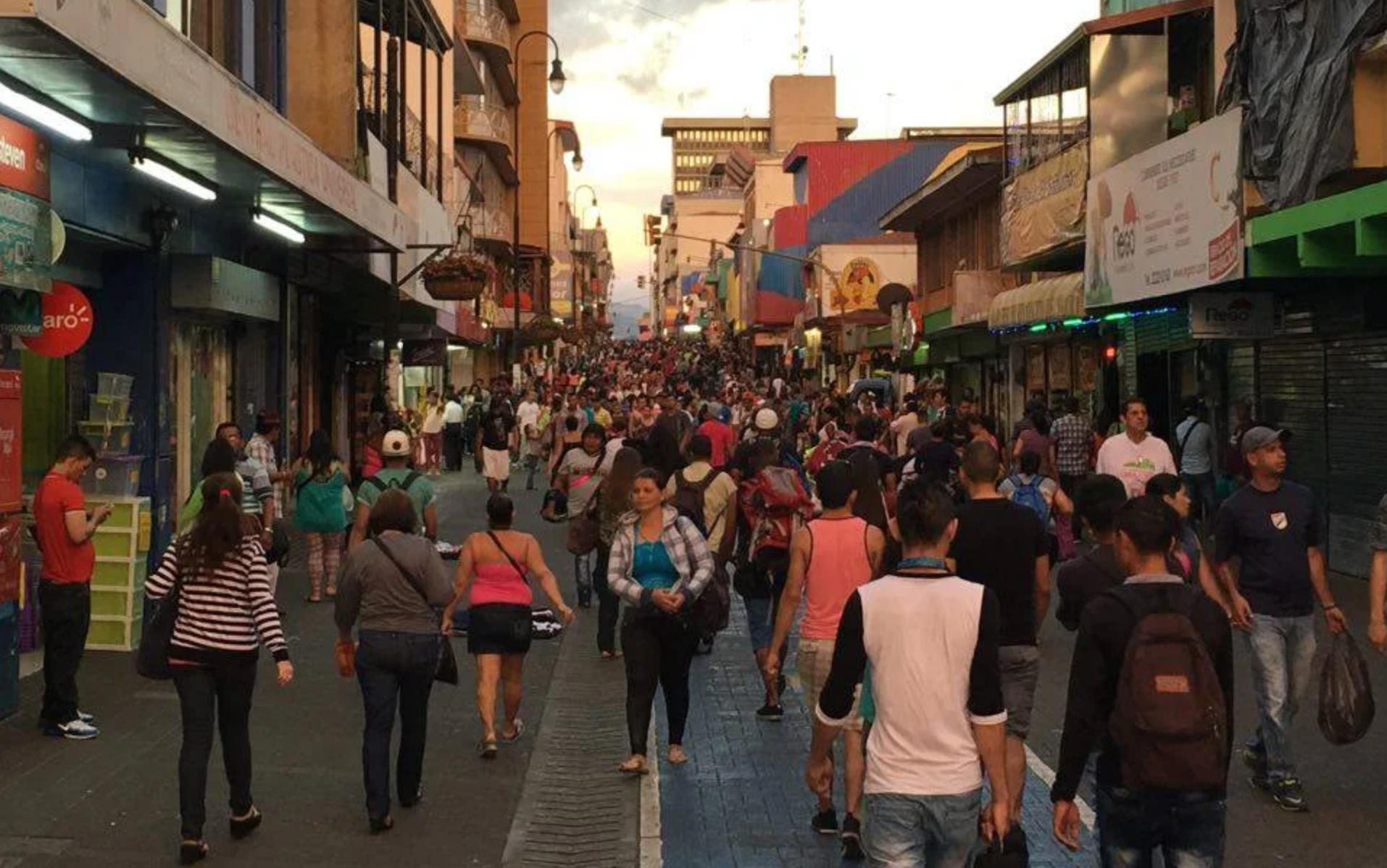Every society and nation needs a dose of optimism to move forward. Positive values such as well-being and human development are associated with happiness and optimism. This is the case with Denmark, Norway and Finland, champions of the Social Progress Index, while Costa Rica ranks 39th, behind Chile (37th) and Uruguay (38th) in the region. This optimism also benefits and deepens democratic values, fosters trust in our peers, promotes healthy discussions and facilitates the promotion of improvements. But it is worth asking: does this positive outlook on the future mobilize citizens? Does it strengthen civic participation? Does it succeed in promoting social mobility?
In retrospect, using the Costa Rican case, it initially appears that the advances of the social state under the rule of law validate such statements. However, systems wear out and require adjustments to continue functioning, leading to levels of disconnection from expectations and, consequently, pessimism. Thus, despite the benefits it brought in the past, today the Costa Rican society coexists with anger, pessimism, despair and violence—feelings and perceptions that appear in surveys and are also palpable in qualitative research.
According to the consulting firm Borge y Asociados (in collaboration with Revista PODER), a majority of Costa Rican citizens (53.9%) define themselves as positive people, highlighting aspects such as solidarity and kindness. On the other hand, more than four out of ten individuals see themselves as negative, with their main adverse values being violence and indifference, suggesting areas of social concern. Finally, 5.4% of respondents did not know how to answer the question, which could reflect a lack of self-assessment or uncertainty about their own moral values. These results provide a clear and nuanced view of Costa Ricans’ self-perception.
It could be understood that self-perception in terms of moral values reveals two sides of current society. On one hand, it suggests a “wounded” or “broken” society, opening doors for social struggles such as “rich versus poor” and “workers versus companies,” leading to topics like 4×3 work schedules (4 days of work and 3 days off). But it also shows a side where Costa Rican democracy still has solid foundations to hold onto. An example of this is the march to commemorate International Pride Day on June 30, as well as the Farmers’ Day march, both well-attended, symbols and examples of civic participation where various sectors came together.
The optimistic perspective
The trend of a majority of Costa Ricans identifying as positive people suggests a predominantly healthy self-image and an inclination towards self-esteem and self-acceptance. Values such as solidarity and kindness, frequently highlighted, are indicators of a pro-social focus where individuals value cooperation and positive interpersonal relationships. This positive self-image can be associated with greater emotional well-being and better mental health, as perceiving oneself as a morally good person tends to promote feelings of satisfaction and personal pride.
Additionally, the majority of Costa Ricans who perceive themselves positively reflect a culture that values and promotes solidarity and kindness as fundamental pillars of social coexistence. This positive perception may be influenced by cultural and educational narratives that emphasize the importance of these values in Costa Rica’s society. The prevalence of a positive self-image could also be related to policies and programs that promote community development and social cohesion.
The significant proportion of individuals who perceive themselves negatively suggests the existence of social tensions and possible divisions within society.
The pessimistic angle
On the other side of the spectrum, the fact that 40.7% of respondents perceive themselves as negative indicates a notable self-criticism and possibly levels of negative self-concept or self-esteem issues in a significant part of the population. The mention of negative values such as violence and indifference suggests that these people may be experiencing internal conflicts or feelings of guilt and shame, which could negatively affect their emotional well-being.
This negative self-perception could also be related to adverse life experiences, difficult family contexts, or conflictive social environments. This should prompt society to reflect deeply, seek to discuss the issue and find solutions, as this sentiment could translate into extreme individual situations such as suicide, an example of the impact of negative perceptions in a society. Data from the country’s Bureau of Judicial Investigations reflect a sustained increase in suicide cases between 2018 (395) and 2022 (429); an increase of nearly 10% in less than 10 years.
The perception of negative values such as violence and indifference may be linked to structural problems such as inequality, insecurity and lack of opportunities, which affect the daily lives of many citizens. This negative self-perception can be a reflection of experiences of marginalization or social exclusion.
Democratic discussions require social peace to promote social mobility and prevent people from “killing each other” over the outcome of a soccer game or a “minor” road collision. If we have a citizenry with a high negative self-perception, it will be easier to promote violence and the destruction of democracy as a system of coexistence. Together, these results offer a deep understanding of Costa Ricans’ moral self-perception, reflecting both their aspirations and strengths, as well as the challenges and areas of concern within society.
*Translated by Ricardo Aceves from the original in Spanish.












